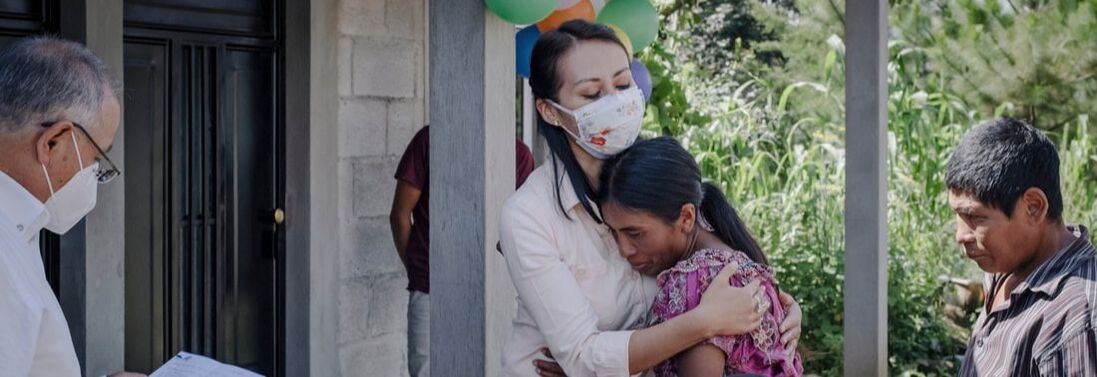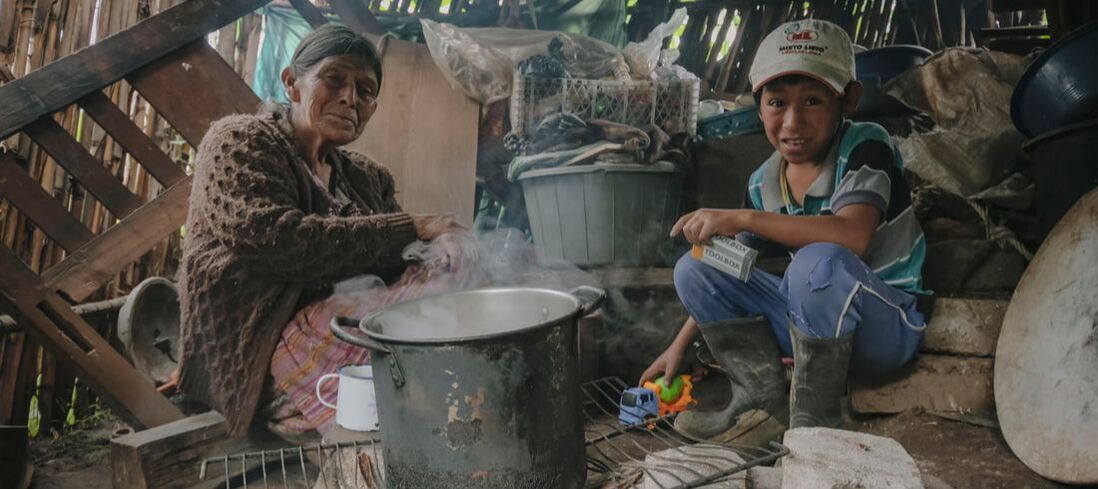by Mark Ely
As we close out 2021, I wanted to share with you our thoughts on resuming in-person work trips to Guatemala. Specifically, this is a review of the current situation and recommendations from the key decision-makers, Asociación Pura Vida (our local NGO in Guatemala), and the board of directors of Pura Vida Ministries.
Highlights:
On one hand, there are organizations which sent teams even at the height of the pandemic. On the other hand, some well-regarded organizations including Compassion International and World Vision have not yet restarted trips. Having worked for Compassion International myself, I can vouch for their Christ-centered, child-focused approach.
As we close out 2021, I wanted to share with you our thoughts on resuming in-person work trips to Guatemala. Specifically, this is a review of the current situation and recommendations from the key decision-makers, Asociación Pura Vida (our local NGO in Guatemala), and the board of directors of Pura Vida Ministries.
Highlights:
- At least in some areas of Guatemala, the infection rates are dropping
- Vaccination rates in urban areas are increasing
- The government is hopeful that schools will upgrade to a hybrid in-person/virtual schedule in 2022
- Older residents in rural areas are still resistant to the idea of vaccination
On one hand, there are organizations which sent teams even at the height of the pandemic. On the other hand, some well-regarded organizations including Compassion International and World Vision have not yet restarted trips. Having worked for Compassion International myself, I can vouch for their Christ-centered, child-focused approach.
Do no harm
So what’s the hold up? For us it boils down to a basic risk/benefit analysis. The benefits of sending a team to Guatemala should outweigh the risks. And our top priority is to do no harm.
Another factor is self-determination. We feel that it’s important that our local staff determine when it is appropriate for us to return. Unlike a volunteer surgical or dental team, our work does not require us to be there in-person, so the pressure to resume trips is lower for us.
Our local staff in Guatemala is the reason we’ve been able to get all of our work done without anyone having to travel from the U.S. In 2021 we built a record number of 5 homes, using only local labor. Local Guatemalans are our hands and feet right now.
We understand that sponsors would love to reconnect with their students in person. What a great testament to the power of the relationships created through our programs! We hope to make these visits happen soon, once they can be done safely.
Another factor is self-determination. We feel that it’s important that our local staff determine when it is appropriate for us to return. Unlike a volunteer surgical or dental team, our work does not require us to be there in-person, so the pressure to resume trips is lower for us.
Our local staff in Guatemala is the reason we’ve been able to get all of our work done without anyone having to travel from the U.S. In 2021 we built a record number of 5 homes, using only local labor. Local Guatemalans are our hands and feet right now.
We understand that sponsors would love to reconnect with their students in person. What a great testament to the power of the relationships created through our programs! We hope to make these visits happen soon, once they can be done safely.
Current risks to resuming trips
1. Risk of infecting the vulnerable population we serve
I am hoping to finally travel to Guatemala in early 2022 to check on things before bringing groups into a potentially tricky situation. It’s been two years since I’ve met with our local staff in person. We're also curious as to what tourist/travel infrastructure has survived the pandemic. When work trips resume, they may look very different than those of the past.
We will let you know when we get the go-ahead. Thanks for your patience.
- The Guatemalan government has been pushing vaccination, but many older rural residents are distrustful. This is due mainly to widespread disinformation and a general lack of confidence in the government. Although younger family members are more open to the idea, our staff does not expect a high vaccination rate among the older rural population.
- The population in the areas where we work often suffer from the following preconditions which make a COVID infection more dangerous:
- Malnutrition
- Diabetes
- High blood pressure
- Respiratory disease due to smoke inhalation - According to the CDC and the Mayo Clinic, even fully vaccinated travelers could be at increased risk for getting and possibly spreading some COVID-19 variants [ 1 ] [ 2 ]
- Difficulty in evacuating sick or injured team members to the U.S. if the required COVID test is not passed
- Possibility of team members having to quarantine in Guatemala if they test positive prior to returning home. Here are the latest U.S. re-entry requirements from the CDC:
Starting on December 6, air travelers aged two and older, regardless of nationality or vaccination status, are required to show documentation of a negative viral test result taken within one day of the flight’s departure to the United States before boarding. You must show your negative result to the airline before you board your flight. That includes all travelers – U.S. citizens, lawful permanent residents (LPRs), and foreign nationals. [ 3 ]
I am hoping to finally travel to Guatemala in early 2022 to check on things before bringing groups into a potentially tricky situation. It’s been two years since I’ve met with our local staff in person. We're also curious as to what tourist/travel infrastructure has survived the pandemic. When work trips resume, they may look very different than those of the past.
We will let you know when we get the go-ahead. Thanks for your patience.



 RSS Feed
RSS Feed